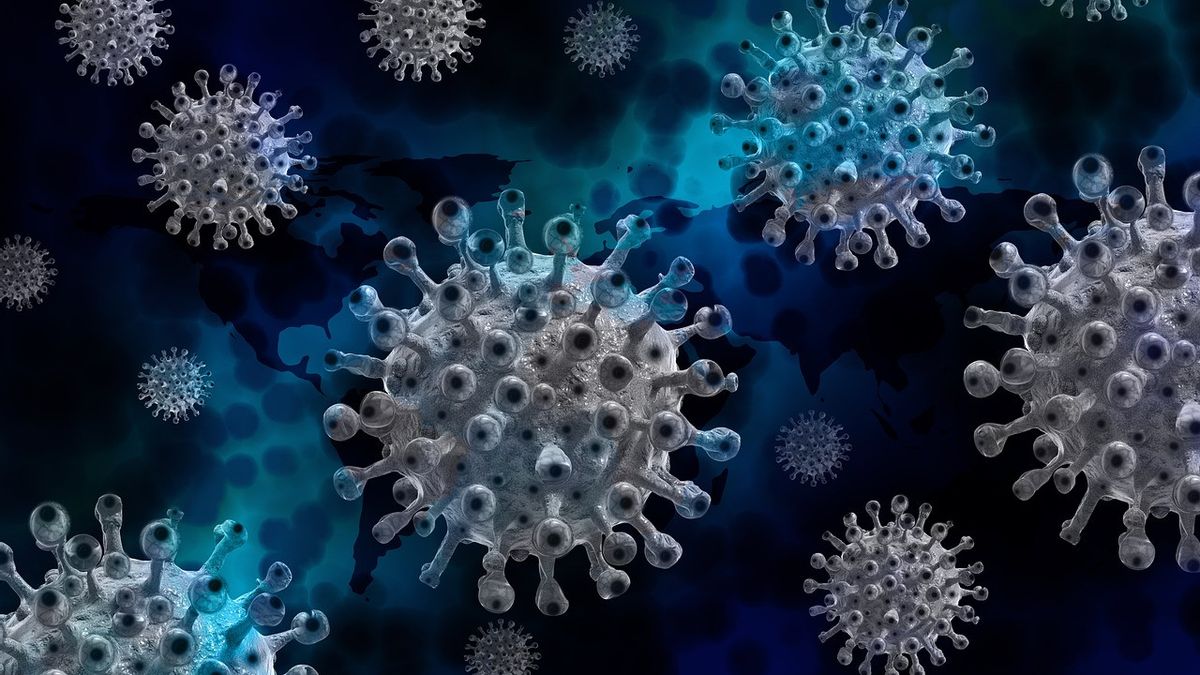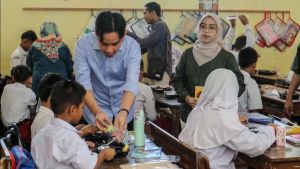JAKARTA - The government says that Indonesia is currently entering the COVID-19 deceleration phase. Deceleration is a phase under a pandemic where the number of cases continues to be under control and decreases due to the formation of community immunity.
Responding to this, an epidemiologist from Griffith University Australia, Dicky Budiman admitted that he still doubts that Indonesia has entered the deceleration phase.
"I still don't feel confident that we are in the deceleration phase. In general, this is still very early in the deceleration," said Dicky to VOI, Wednesday, March 16.
Dicky confirmed that currently there was a decline in COVID-19 cases. As revealed by the COVID-19 Task Force, positive confirmed cases have fallen by 63 percent from the Omicron wave since mid-February.
However, Dicky emphasized that the percentage of cases from specimen examination or the COVID-19 positivity rate in Indonesia is still high.
Based on data from the Ministry of Health, the positivity rate for people this week is still at 13.49 percent. Meanwhile, the controlled positivity rate is 5 percent according to WHO standards.
"Our positivity rate test rate is still far above 5 percent, in fact the trend is still up and down. So, the general deceleration is still not solid for us to say, because from the side of the test the positivity rate is still almost three times the normal," explained Dicky. .
Furthermore, although the government says that Indonesia has experienced a deceleration phase nationally, this condition is not necessarily the same in all provinces and districts/cities.
Therefore, Dicky reminded the local government to keep testing, tracing, and treatment (3T) efforts so that they don't slack off.
"Claims of deceleration problems that refer to daily cases have decreased to less strength when the test turns out to be still undetected. This is something we must pay close attention to and be careful with," he explained.
Previously, the Government Spokesperson for Handling Covid-19, Reisa Broto Asmoro, said that Indonesia was currently entering a period of deceleration.
According to him, in order to enter that phase safely and under control, he asked all parties to work together to complete the third dose at least three months after the second dose is injected, so that immunity is still formed and provides protection for yourself and the environment.
"The Ministry of Health through its social media has also provided information regarding the integration. If yesterday I used Sinovac, I can use what it is, I can find out, usually the health facility staff also understands," said Reisa.
Then, for people who have received the full dose but are later positive for COVID-19 and have mild or moderate symptoms, they can still inject the third dose within a period of at least one month after being declared cured.
"So it's not the first time it's been confirmed positive. But after recovering, the distance is one month," he said.
The English, Chinese, Japanese, Arabic, and French versions are automatically generated by the AI. So there may still be inaccuracies in translating, please always see Indonesian as our main language. (system supported by DigitalSiber.id)













